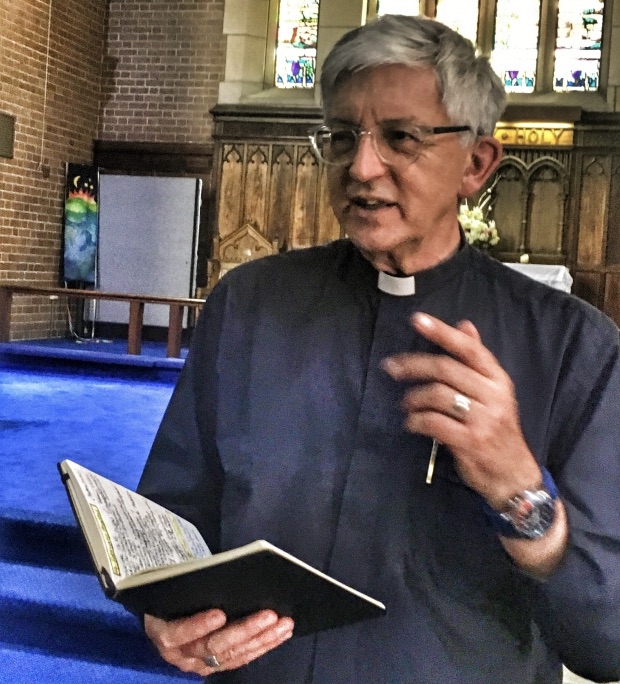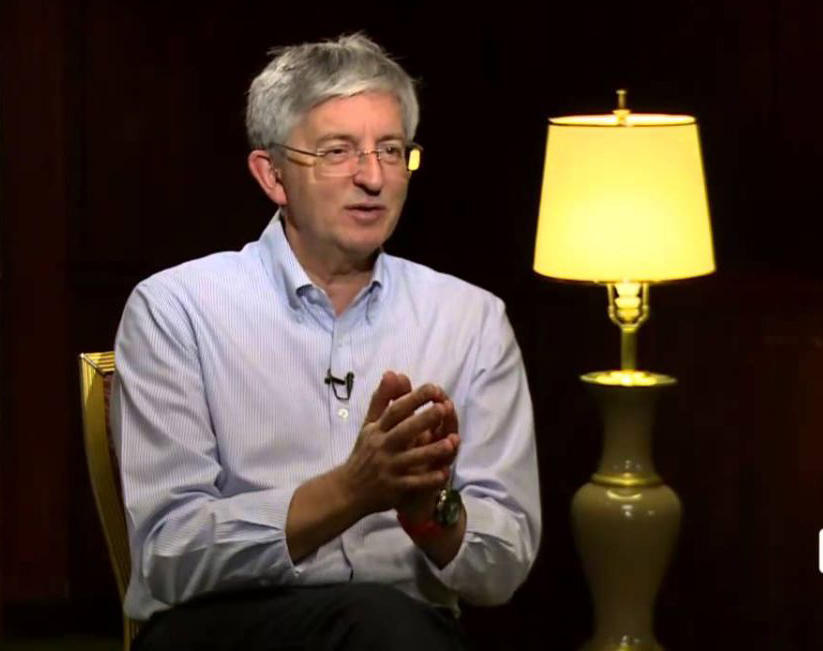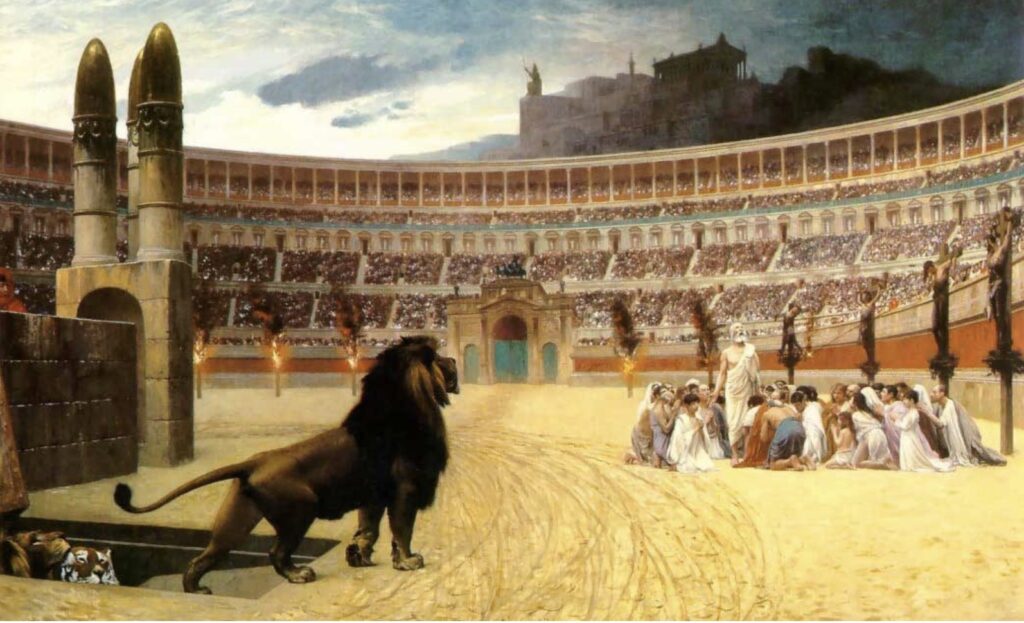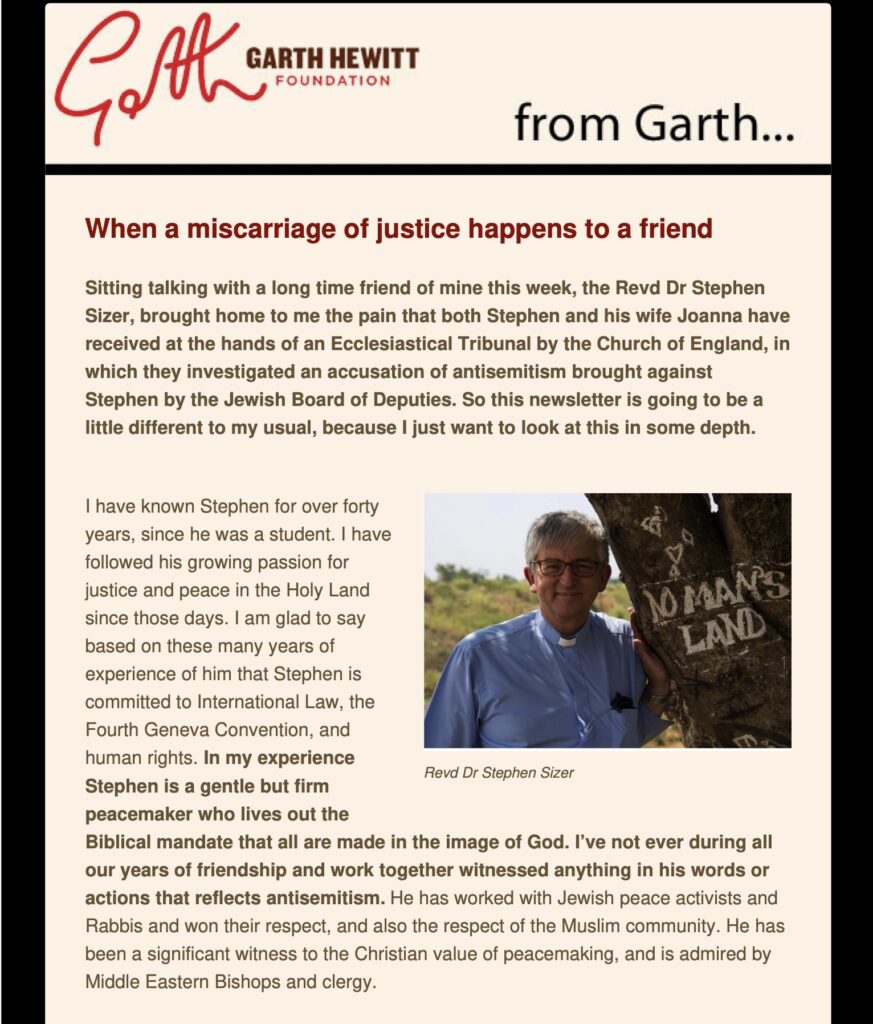How do you find authentic, deep, lasting fulfilment in life? Is it a dream or can it be a reality? The problem is after years of bombardment from the secular media and advertising we are confused, cautious, sceptical. The daily diet on the TV, on the bill boards, newspapers and magazines tell us unashamedly that freedom and fulfilment comes from indulgence, luxury, space, exclusivity. The subliminal messages tell us to indulge ourselves. Fulfil our desires. Pursue pleasure. Stay free. Protect my space. Minimize commitments. Given such messages, it’s easy to understand why many people are cautious about commitment – whether its commitment in marriage, commitment to a charity or community service, commitment to our Church. We fear commitment, obligation, being tied down, restricted. If I commit myself, will I end up enjoying it or regretting it? Will life really be more fulfilling? Or just more draining? Well contemporary medical research provides a conclusive answer. Dr Paul Pearsall, the psychologist, writes in his book The Pleasure Prescription (Hunter House, 1996) “Modern research shows one of the most pleasurable of all human acts is also one of the healthiest things you can do for yourself and for others.
Gentle, caring selflessness results in significant health benefits.” In the mid 1980’s Allan Luks, author of, The Healing Power of Doing Good, conducted a survey of 3,300 volunteers.
Continue reading









